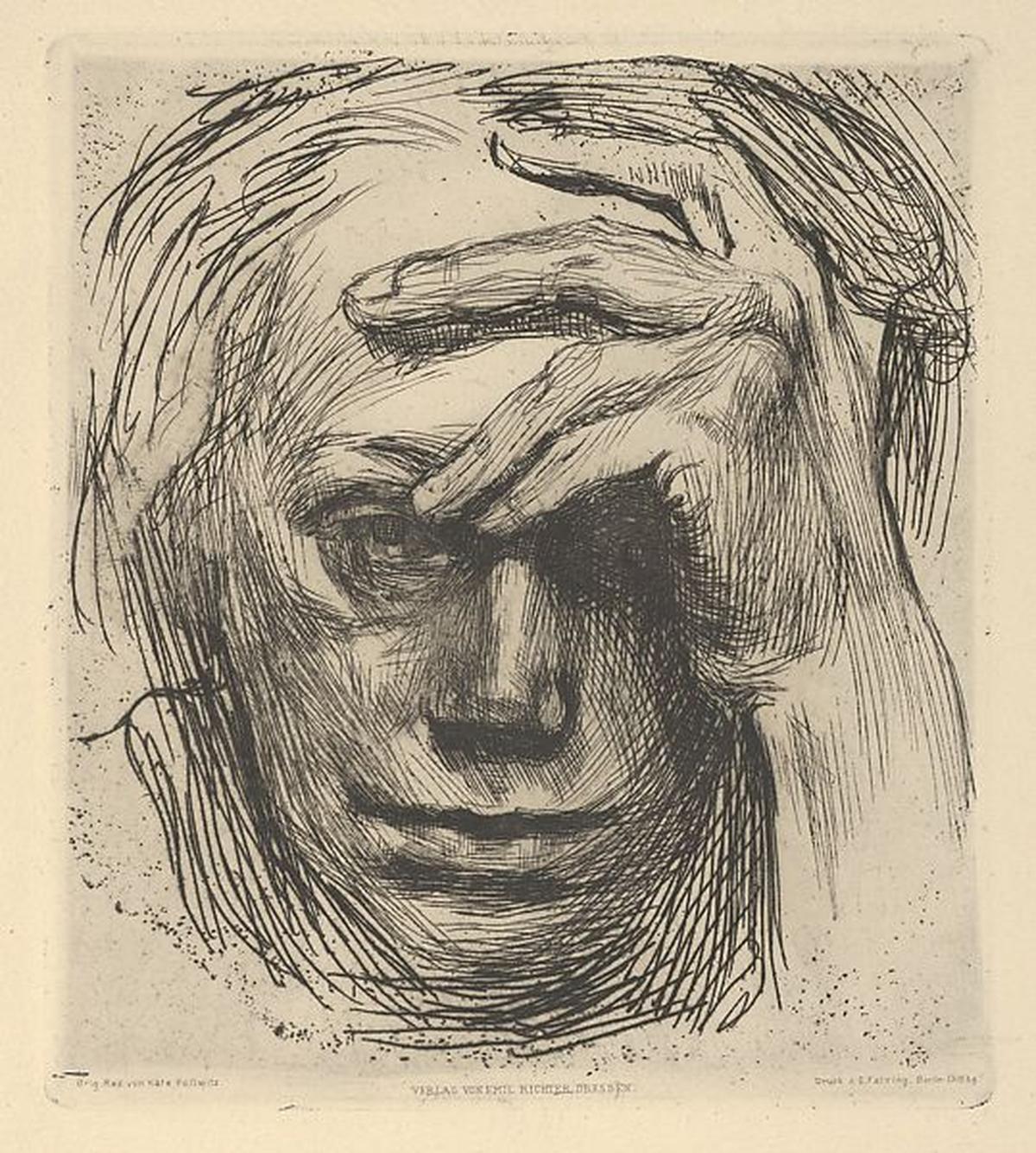Art, ideas, and how we share them
Those who do not want to imitate anything, produce nothing.
— Salvador Dali
I have had to hold Dali’s words between my gritted teeth as I try and put pen to paper this month. Usually if my writing starts to feel mimetic I abandon it, if I have the energy I start anew, too often I slay it fully. This month I managed to quell the urge to discard and actually hit publish on the first (small) part of A short walk beneath a long white cloud, my account of walking the 3300 kilometre Te Araroa trail.
Continuing that New Zealand theme, the best book I finished in June was without doubt The Luminaries by Eleanor Catton. Set in Hokitika, about 150 years ago and 150 miles south-west of where I am here in Nelson, it is an extraordinary tale of high-stakes, betrayal, murder, and the clashing of language, culture, and class in gold-rush Aotearoa. At almost 900 pages, it isn’t a short read but it is thrilling and beautiful from first to last. The weaving of astrological elements into the plot and progression of the story gives it a unique inevitability, as though its final crescendo could only have occurred as, and when, it did – as if we were simply waiting for the stars and the planets to align.
And if that put you off, let me ground that astrological dimension with a quote from the author:
I like to think of the zodiac as having a lot in common with the Greek pantheon: less of a thing to be believed in, and more of a repository of cultural knowledge and history that is archetypal, and mythic, and responsive to close study.

Throughout June I have returned again and again to Käthe Kollwitz’s Selbstbildnis mit der Hand an der Stirn (Self-Portrait with Hand on the Forehead). Kollwitz was a prolific self-portraitist, completing more than a hundred brooding and deeply emotional images of herself, portraits that capture all of humanity in their singular intensity. Self Portrait, Hand at the Forehead, like much of her work, has a dark and oppressive quality. The detail in the knuckles of the hand that casts a brooding shadow over the left side of her face, the resignation in the mouth, the deadened exhaustion in the visible eye, all together create the face of pain, of true sorrow, better perhaps than any other artist. And all this in a portrait that pre-dates some of her greatest sorrows, the death of her son, the horrors of both world wars.
Looking back over the things I’ve read online this month, the theme seems to be the nature and exchange of ideas. From questions about the scope and ethics of art, to the heightened emotion of online exchanges, the notion of ideas eclipsing their creators, the importance of making our work accessible, and ending on a short bit about the craft of photography.
-
Kyle McDonald, People Staring at Computers, 2012, 9400 words
This was far and away the most provocative piece I read this month, it raises great questions about the role of art in society and perhaps about the damage that has been done to that role in our age. It also offers a unique entry point into the discussion on reasonable expectations of privacy, who we implicitly and explicitly permit to observe us, and what recourse looks like for entities large and small when a trespass is perceived. Read it with as open a mind as you can.
-
Devon Zuegel, The silence is deafening, 2020, 800 words
What is lost as more of our social interactions move online? Devon highlights some of the key social cues that don’t survive this transition, and offers meaningful guidance on how we can salvage them in an increasingly polarized conversation.
-
Nadia Eghbal, The tyranny of ideas, 2019, 1500 words
Ideas often take on a life of their own, in our heads sure, but out of our heads they can truly run wild. Here Nadia likens ideas to virus’s, spreading through the individual and co-opting groups, framing people as mere hosts to the ideas that inhabit them.
Once ideas find an audience, they’re hard to eradicate. Many a surprised creator has found that they’ve lost control over an idea, watching helplessly as it’s shaped and reinterpreted in ways they didn’t intend. It is enormously difficult for a successful creator to escape their own idea, because ideas need hosts to survive. — Nadia Eghbal, The tyranny of ideas, 2019
-
Terence Eden, The unreasonable effectiveness of simple HTML, 2021, 600 words
A thoughtful, and frankly, charming anecdote about digital accessibility and why championing and demanding it matters.
-
Simon Griffee, Editing, 2011, 400 words
As a keen amateur photographer, Simon’s short take on editing was a comforting reminder that even the greats take crap photos, that much of the craft of photography is in choosing which of your photos to show, not in never taking a dud exposure.